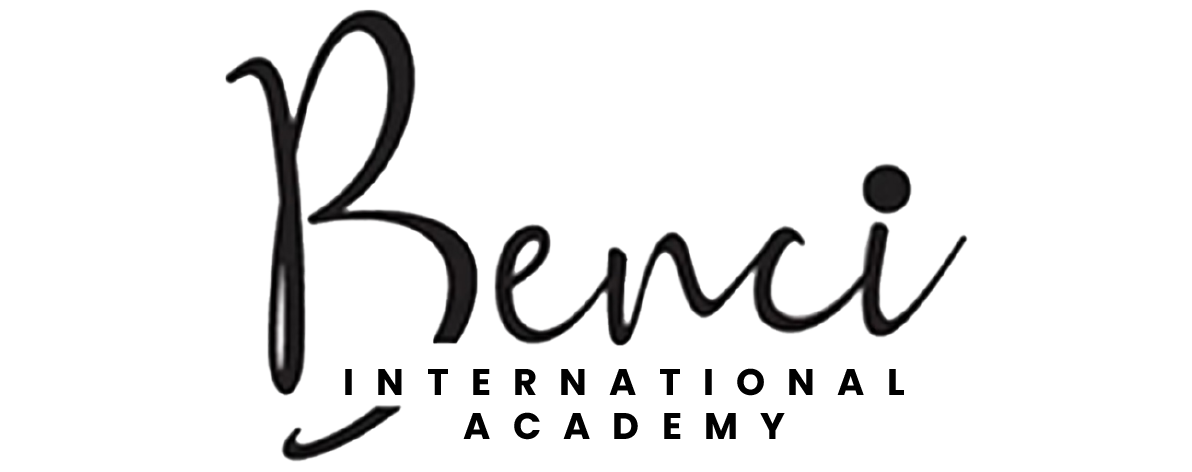Embarking on the journey of starting your own massage therapy practice can be an incredibly rewarding and fulfilling endeavor. As you step into the world of holistic healing, relaxation, and wellness, there are numerous opportunities for personal and professional growth. However, like any entrepreneurial venture, starting a massage therapy practice requires careful planning, dedication, and a deep passion for helping others.
In this comprehensive guide, we will walk you through the essential steps and offer valuable tips for success in establishing your own massage therapy practice. Whether you’re a recent graduate from a massage therapy program or an experienced therapist looking to venture out on your own, these insights will provide you with a solid foundation.
1. Education and Certification
Before you can start your own massage therapy practice, it’s crucial to have the right education and certification. You must complete a reputable massage therapy program that meets the requirements of your state or country. Many states and regions have specific licensing or certification requirements, so be sure to research and comply with the regulations in your area.
One valuable resource for aspiring massage therapists is the Benci International Academy (https://benciinternationalacademy.com/). They offer comprehensive massage therapy programs and can help you acquire the knowledge and skills needed to become a successful therapist. Moreover, they may provide guidance on navigating the regulatory aspects of starting a practice.
2. Develop a Business Plan
Starting a massage therapy practice is not just about providing excellent massages; it’s also about running a successful business. Begin by creating a detailed business plan that outlines your goals, target market, services, pricing, and financial projections. A well-thought-out business plan will serve as a roadmap for your practice’s growth and success.
Your business plan should also include a marketing strategy. Consider how you’ll attract and retain clients, build a professional online presence, and leverage social media and digital marketing to reach your target audience.
3. Location Matters
The location of your massage therapy practice can significantly impact its success. Look for a space that is easily accessible to your target clients and has ample parking. Consider factors like visibility, foot traffic, and the overall ambiance of the location. A calming and inviting environment can enhance the overall client experience.
If you’re on a tight budget, you might explore options like renting space within an established wellness center or spa initially. This can help you build a client base without the overhead costs of leasing your own space right away.
4. Equipment and Supplies
Investing in quality equipment and supplies is essential for delivering a top-notch massage therapy experience. Ensure that you have comfortable massage tables, clean linens, high-quality oils and lotions, and soothing music or sounds to create a relaxing atmosphere. The quality of your equipment and supplies can significantly impact your clients’ satisfaction and their likelihood of returning for future sessions.
5. Set Competitive Prices
Determining your pricing structure can be challenging. Research the rates of other massage therapists in your area to gauge the competitive landscape. While you want to be competitive, it’s also essential to value your services appropriately. Keep in mind factors such as your level of expertise, the location of your practice, and any specialized modalities you offer.
Consider offering introductory rates or package deals to attract new clients. Building a loyal client base is often more valuable in the long run than charging premium prices from the outset.
6. Marketing and Branding
Effective marketing and branding are crucial for attracting clients to your practice. Create a professional website that includes information about your services, pricing, and contact details. You may also want to incorporate an online booking system to make it convenient for clients to schedule appointments.
Utilize social media platforms like Facebook, Instagram, and LinkedIn to showcase your expertise and engage with potential clients. Share informative content about the benefits of massage therapy, self-care tips, and client testimonials.
Consider offering promotions or discounts to incentivize first-time clients to book a session. Building a strong online presence and positive word-of-mouth referrals can significantly contribute to your practice’s success.
7. Client Communication and Service
Excellent client communication is key to running a successful massage therapy practice. Ensure that you respond promptly to inquiries, whether they come through your website, phone, or email. Be courteous, professional, and attentive to your clients’ needs and preferences.
During sessions, listen actively to your clients and adjust your techniques accordingly. Personalize each massage experience to address their specific concerns and goals, whether it’s stress relief, pain management, or relaxation.
Encourage clients to provide feedback after their sessions and use this information to continuously improve your services. Happy clients are more likely to become repeat customers and refer others to your practice.
8. Continuing Education
The field of massage therapy is continuously evolving, with new techniques and modalities emerging regularly. To stay competitive and offer the best possible service, invest in continuing education. Attend workshops, seminars, and courses to expand your skillset and knowledge.
The Benci International Academy (https://benciinternationalacademy.com/) may offer advanced courses and certifications that can help you enhance your expertise. Continuing education not only benefits your clients but also demonstrates your commitment to excellence in the field.
9. Legal and Insurance Considerations
Running a massage therapy practice involves legal and insurance considerations. Ensure that you have the necessary licenses and permits to operate legally in your area. Additionally, consider liability insurance to protect yourself in case of any unforeseen accidents or injuries during sessions.
Consult with a legal professional or business advisor to help you navigate the legal requirements and establish proper contracts and client consent forms.
10. Build a Strong Network
Networking is a powerful tool for growing your massage therapy practice. Connect with other wellness professionals, chiropractors, physical therapists, and doctors in your area. Building a referral network can lead to a steady stream of clients who need your services.
Attend industry events and join professional associations related to massage therapy. These connections can provide support, mentorship, and opportunities for collaboration.
Conclusion
Starting your own massage therapy practice can be a fulfilling and profitable endeavor when approached with dedication and a commitment to excellence. By following these tips and utilizing resources like the Benci International Academy (https://benciinternationalacademy.com/), you can build a successful practice that not only benefits your clients but also brings personal and professional satisfaction. Remember that success in the field of massage therapy often comes from a combination of skills, passion, continuous learning, and a strong commitment to the well-being of your clients.



